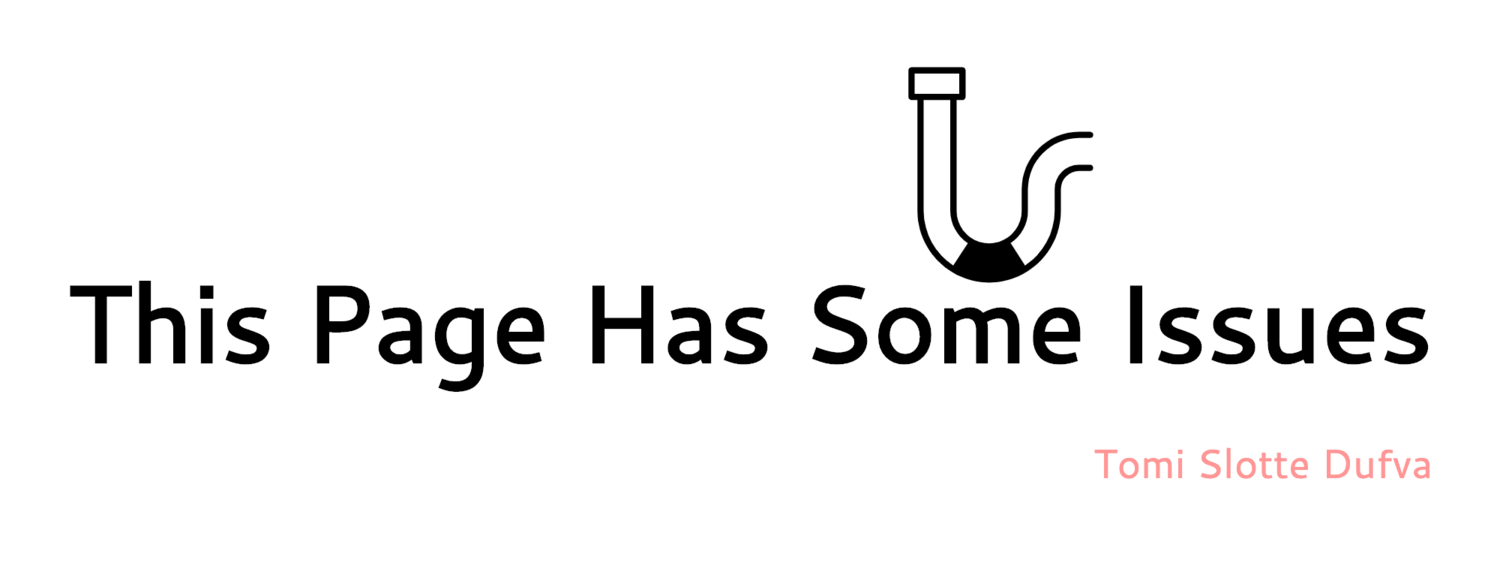Thoughts on digital citizenship
Last week I took part in Creative Citizens conference at Royal College of Arts in London. It was two days filled with interesting talks and presentation all based on creative citizenship. Creative Citizens is a research project and has three main themes: hyperlocal publishing, community-led design and creative networks. I think all of the different themes were nicely portrayed, and talks gave a nice variety on different topics. These sort of projects that fuse together different fields from politics, education to art is something I would like to see happen in Finland also.
Nevertheless, after the conference I started to think (Well I am a Finn after all…) about digital citizenship portrayed through social media platforms and some particular question came to mind: How much is using social media as an active, critical, citizen just playing with the tools that we are given to play with? Are we just playing in the sandbox of largely censored, monitored products, which turn our messages into money? How much more effective could our criticality be, if we had to say over the platforms? Or even: If we could be part of building them?
Jean Burgess, professor at the Queensland University of Technology, gave a very good talk on creative citizenship and social media. She gave the example of silly citizenship (a great name and concept!) as one example to engage critically in social media platforms. Silly citizenship uses social medias own tools to work as a humorous way to engage in politics. One meme she mentioned as an example was a photo of British prime minister David Cameron calling to Barack Obama to have a talk about the situation in Ukraine. The photo was shared through twitter and was quite comical. Internet quickly followed with it own versions of it and so a meme was born. According to Burgess this kind of ”Silly Citizenship” can be one way to engage with the world around us: even though the message is funny and entertaining it still carries a political message.
I do think that this kind of activity is good and to be encouraged. Still, I do ponder on the platform itself*: This kind of activity seems very little one can do. Naturally there are ways to engage more but why are they so difficult? How Is the situation between new media corporations sitting in US and us different to western missionaries going to Africa in the olden days? Bringing with them shiny new things as an exchange for something much more valuable? - Thing is that most of the platforms we use (in western countries) are made by tiny number of US-based young, often white, male engineers. Many platforms still don’t have their revenue plan worked out yet (Twitter anyone?) and hardly any of them have given any thought on the platforms civic engagement, etc. Let alone have any research made on what would be a good platform. And of course why should they? These are startups and corporations looking to make the most money for them and their investors. We are offered free products as an exchange of our information. These products are not designed to be democratic or equal, but entertaining and engaging to use.
How will the future look like for us? In 20 years are we, as citizens, being colonized and depleted by algorithms of social media corporation?
This is one of the reasons I think we need an understanding of the digital world in a deeper level, we in a way need to be code literate in order to be equal in the digital world. We also would much need an open democratically funded social media platform to succeed. Then I think we could use social media much more effectively.
* I don’t mean the remaining pondering as a critique to Burgess’s talk, rather I found it inspiring and gave me good starting point for my own trail of thoughts to emerge.



